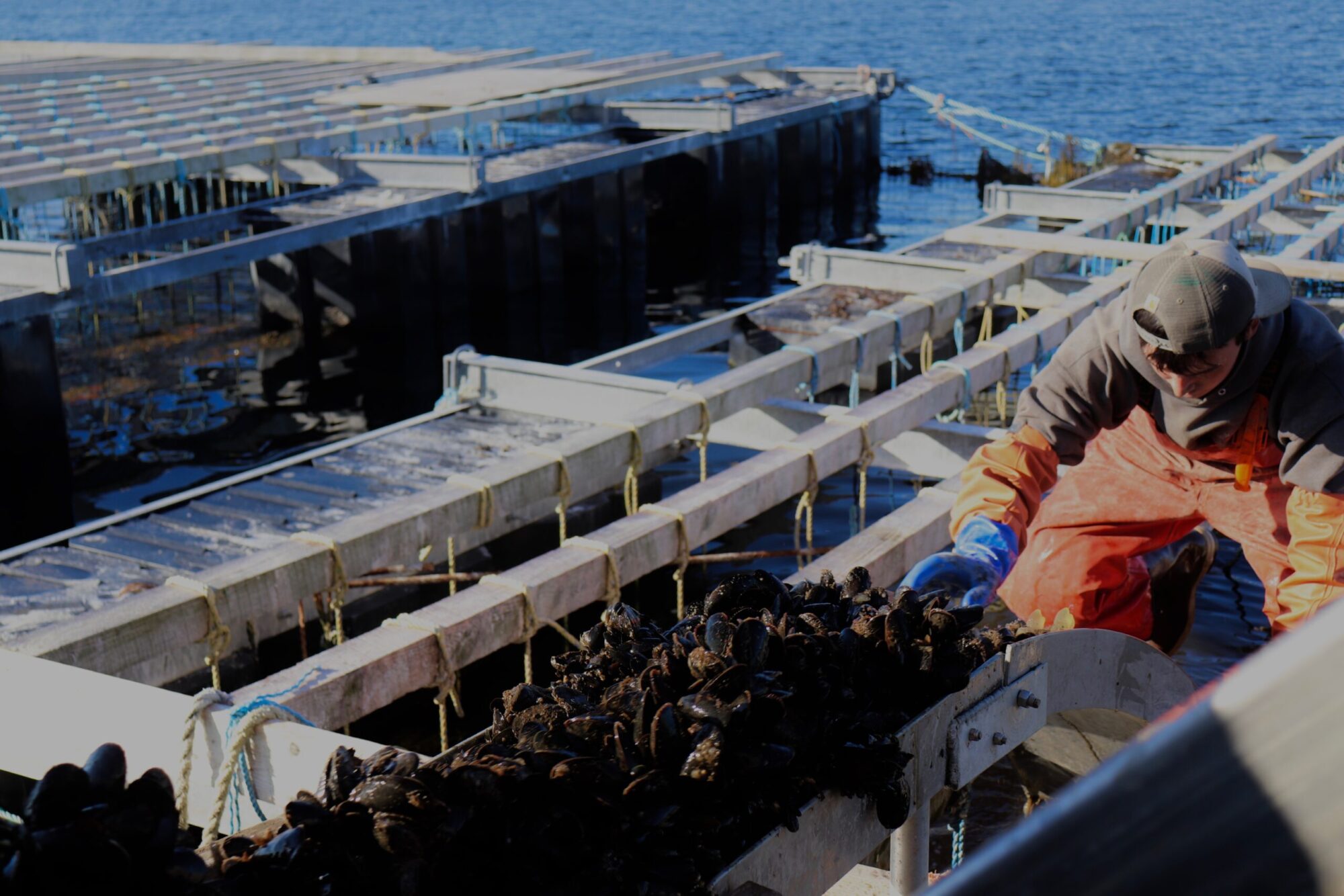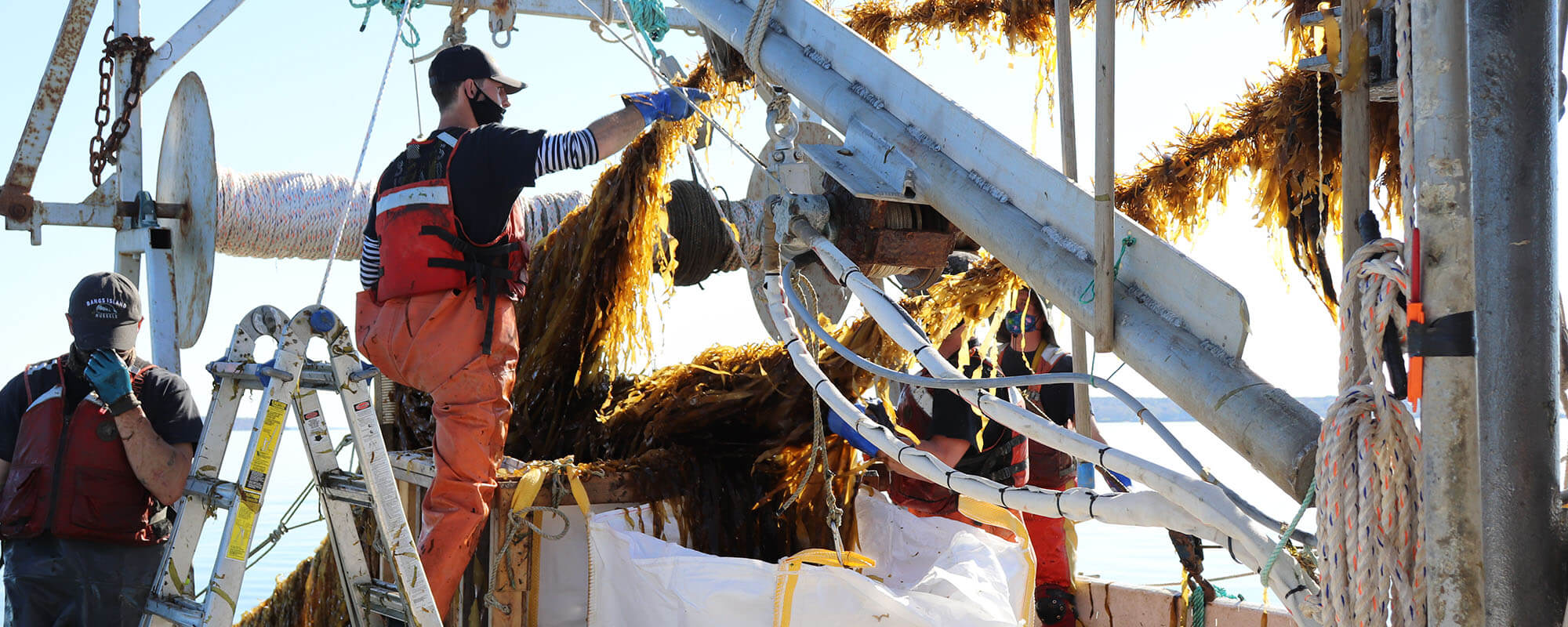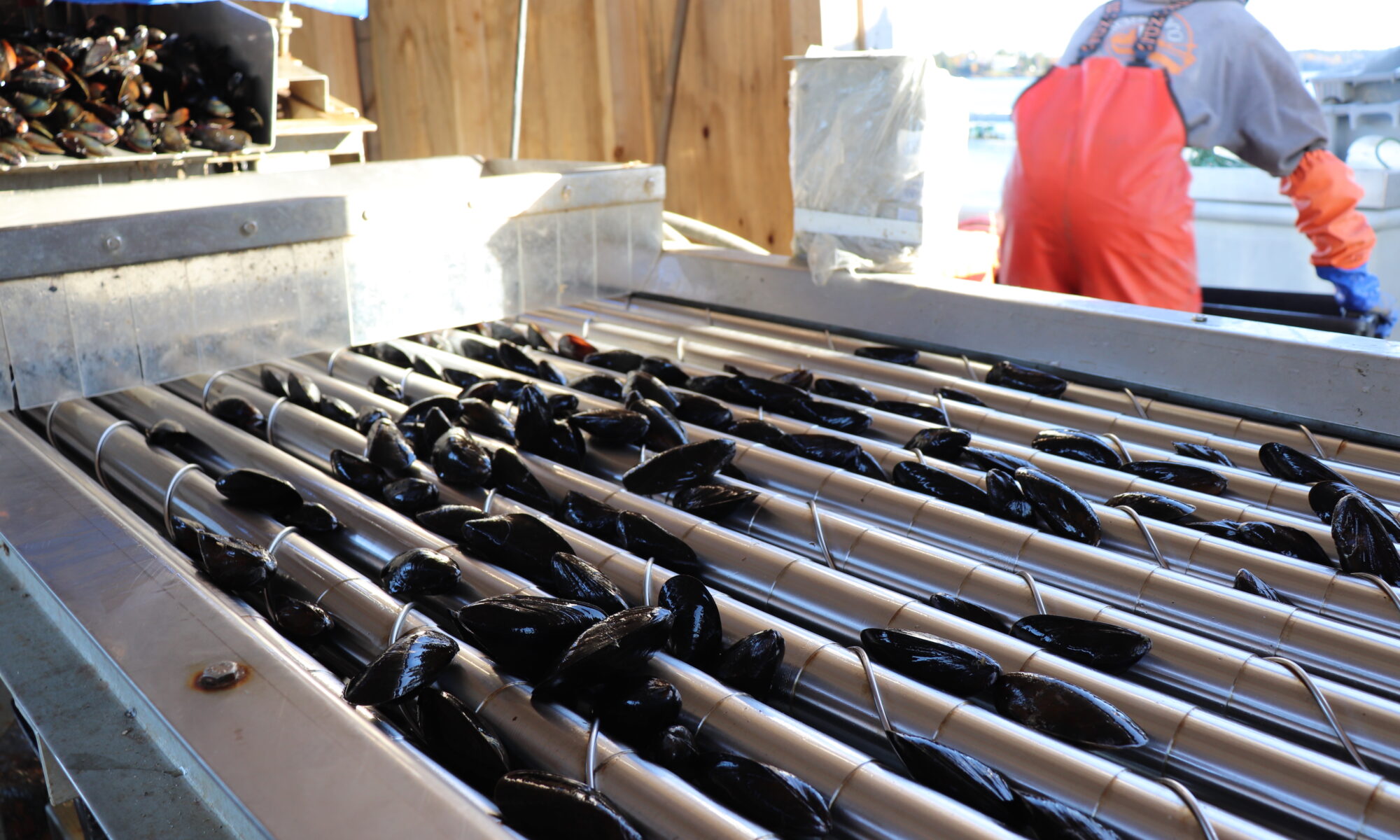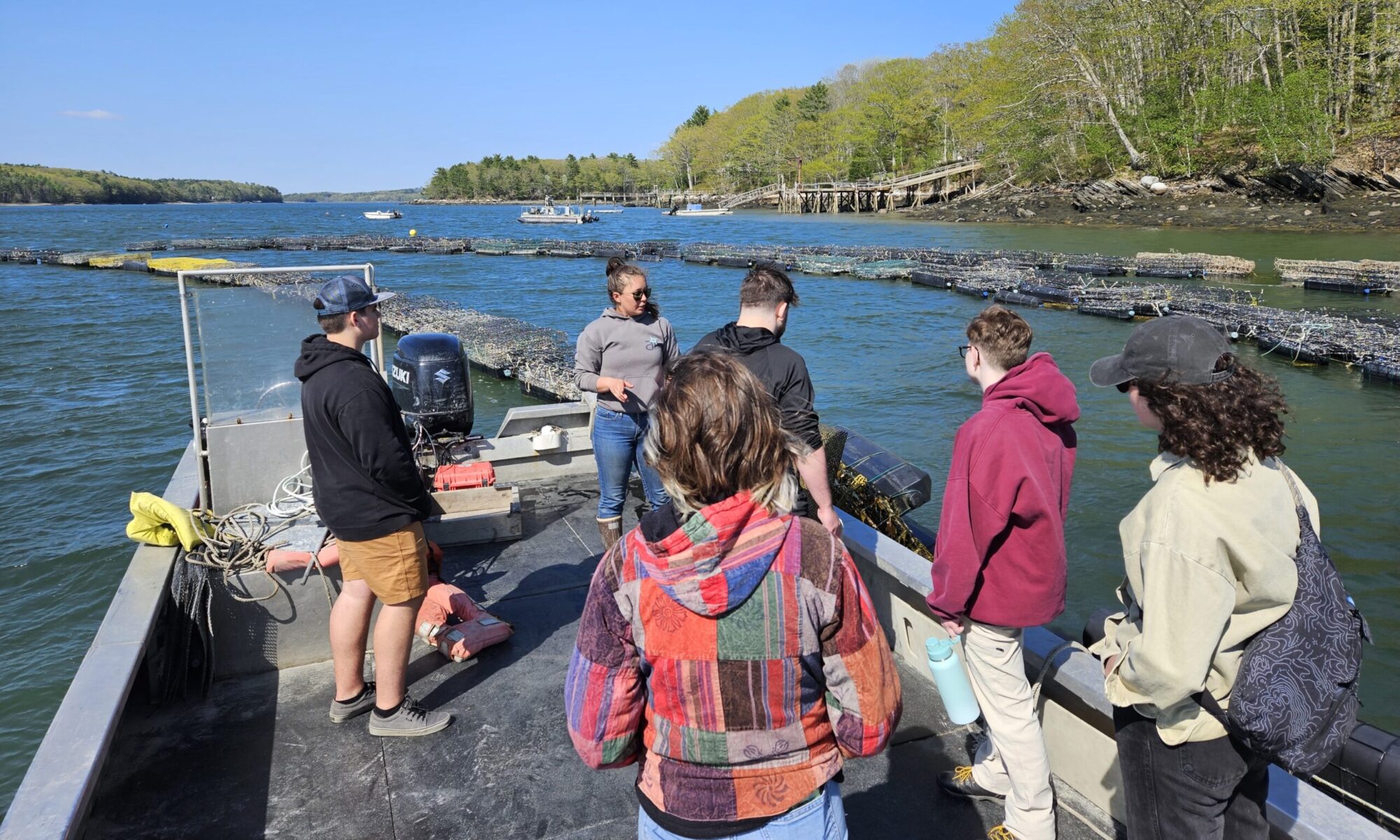Do you love eating fish, shellfish, seaweed, and other marine plants? Do you want to raise these foods so others can enjoy them? If you’re interested in working within such a field, you should look into sustainable aquaculture. According to data provided by commercial businesses interviewed for the Workforce Strategy, farm hands and management represent 49% and 18% of Maine’s aquaculture workforce, respectively. Read on for tips for growing a career in sustainable aquaculture jobs in Maine.
1. Learn About the Different Types of Aquaculture
There are many different aquatic organisms in the planet’s oceans, ponds, rivers, and streams. You can see fish, shellfish, algae, and plants. Each species requires a specific kind of system to raise them, whether on land, in freshwater, or in saltwater. They also require various skills and knowledge, so you must begin by doing your research into the industry and the details of your desired farming method. You may also naturally soak up some knowledge if you are around other industry professionals in Maine. You should make time to visit existing operations and learn practically through seeing how others in the industry are farming. You can learn a lot from conversation with other aquaculture professionals as well.
2. Get Hands-on Experience
The world of aquaculture is no different from other fields when it comes to needing hands-on experience. You could do all the research you want, but it won’t take the place of getting some experience. One of the best ways to pursue this type of opportunity is by seeking out internships, apprenticeships, entry-level jobs, and volunteer opportunities. Find out about your local and national aquaculture associations or clubs and what you can learn from them. These organizations are often a smorgasbord of direct connections, knowledge, and gatherings that can help you connect with others and grow in your field. By getting hands-on experience, you can gain valuable insights into the daily operations, challenges, and rewards of working in aquaculture.
3. Sign Up for Formal Classes
Did you know that some of the more technical aquaculture careers may also require some formal education? There are different certificates and degrees related to aquaculture as well as related fields. Related fields include environmental science, aquatic animal health, marine biology, and fishery science. Do your research on these different programs and see which ones match your overall goals the best. Regardless of which field you choose, you’ll learn a great deal about different forms of marine life and their environments. Stay on top of enrollment schedules and deadlines to make sure you are registered on time. Additionally, keep an eye out for funding opportunities like scholarships and grants to support your education.
4. Develop Relevant Skills
Aquaculture is a diverse and dynamic field that requires a range of skills and abilities. You may need some technical skills, including how to monitor fish health. You need to test water quality to ensure that fish feeding and harvesting can go as needed. When you work in aquaculture jobs in Maine, you also need adequate business skills such as customer service, sales, budgeting, and marketing. Communication skills are also needed, as you’ll have to give presentations, write reports, and collaborate with others in your field. Practical skills like knot tying, boat handling, and the ability to problem solve on the water in adverse conditions are definitely valuable to the profession. If you do research in day-to-day work, you’ll also have to make certain decisions after you evaluate information and analyze data. You’ll develop all of these skills through your on-the-job training, formal education, and informal research.
5. Learn About Trends and Innovations
Aquaculture is a fast-growing and evolving industry that faces many opportunities and challenges. That’s why you need to stay updated on the latest trends and innovations in the field. Make it a habit to read industry publications, attend conferences or events, and follow influential experts or organizations on social media or blogs. You can also actively participate in research projects or initiatives.
6. Get a Mentor
Mentors can provide a lifeline to anyone who’s pursuing a new career field. Remember, your mentor is someone who’s already been through the preliminary stage you’re currently in, and they can guide you through them. Find an aquaculture mentor who gives you the advice, feedback, support, and inspiration you need for your professional development. There are many ways to find a mentor. You can look at a particular organization, or you may even find someone from your inner circle. If you’re pursuing formal education, your school may also have a mentorship program available. You may even connect with a teacher who works within the field when you’re getting your degree or certificate. Don’t forget about the mentors that may be available when you join related clubs or associations.
7. Explore Different Career Paths
Aquaculture offers a variety of career paths for different levels of education and experience.
You may be interested in becoming an aquaculture technician who’s responsible for performing routine tasks such as feeding, cleaning, monitoring, and harvesting. If you have leadership skills, you may eventually want to move into management so you can oversee the operations of an aquaculture facility or farm.
Do you have an eye for improving or building systems? If you become an engineer in the field, you’ll be able to do just that as you design different systems and equipment used in the field. If you feel comfortable doing experiments and intense research, then becoming an aquaculture scientist may be for you. This type of aquaculture job will allow you to work with various aspects of nutrition, genetics, environment, disease control, and more when it comes to the area’s marine life.
If you pursued formal education in this field, you may realize that you also have something to offer when it comes to teaching others. As an aquaculture educator, you can help train other students and workers in the Maine area about the field. Over time, you may also end up becoming someone’s mentor.
8. Set Goals
When pursuing aquaculture jobs in Maine, setting career goals matters. Start by assessing your strengths, weaknesses, interests, and values. Create a vision board, life plan, or other materials that can help you map out both short and long-term goals. Don’t be afraid to enlist a mentor or life coach who can help hold you accountable to make sure that you stick with these plans.
If you’re serious about pursuing aquaculture jobs in Maine, keeping the above tips in mind will prove invaluable. After all, making a career change or starting a new career from scratch can require a lot of work and energy. However, if aquaculture is your love and joy, it’s worth the effort. Whether it’s time to invest in formal schooling, get a mentor, join clubs, or set new goals, these tips can help you dive into the career that suits you. Contact the Maine Aquaculture Association for more information about this rapidly developing field today.



